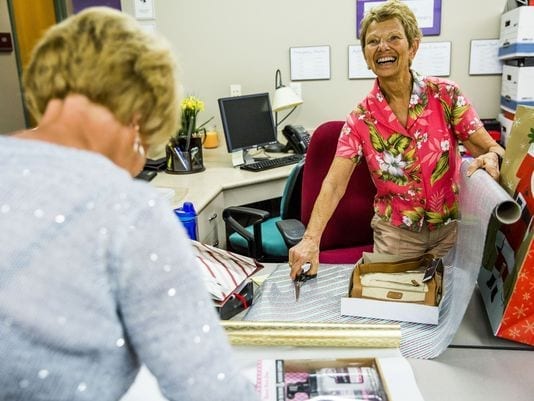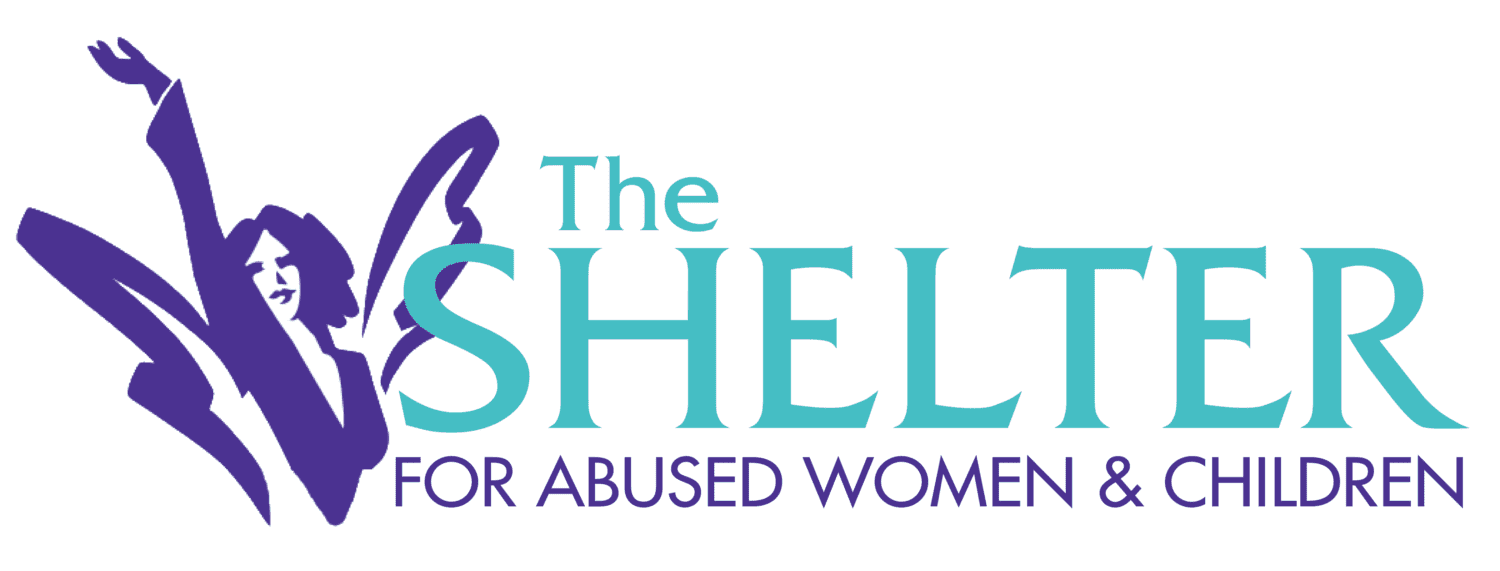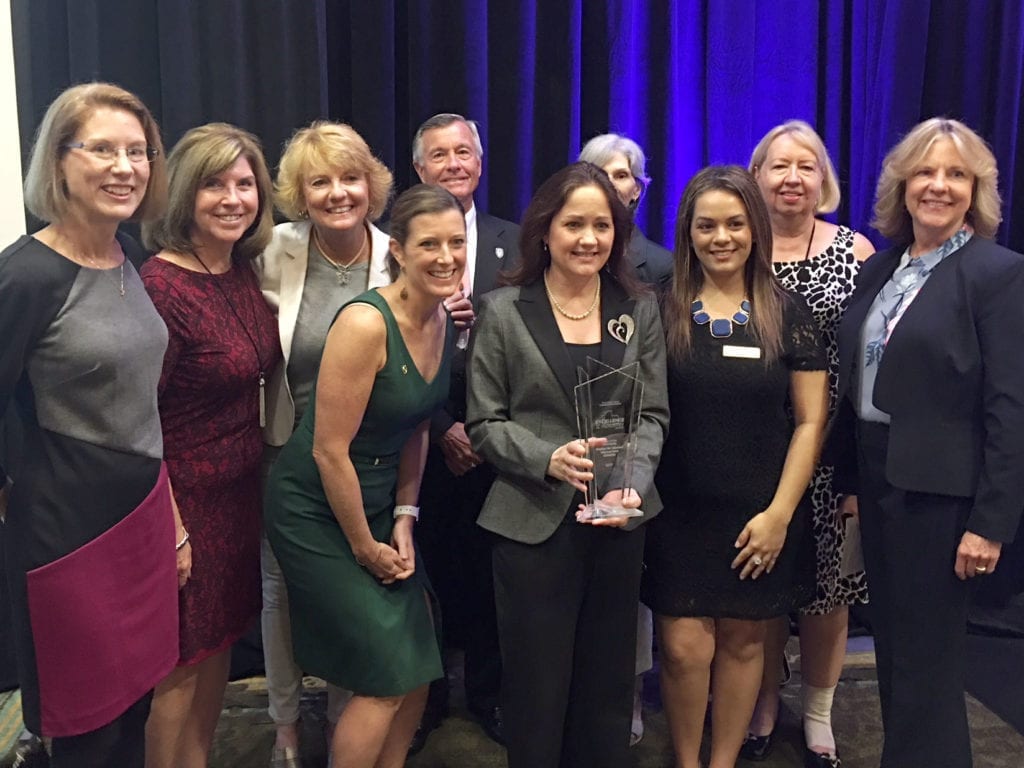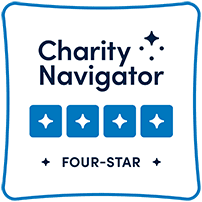
Volunteers Noreen Schumann, right, and Jeanette Braun wrap Christmas gifts for participants at the Shelter for Abused Women & Children on Monday, Dec. 18, 2017. (Photo: Dorothy Edwards/Naples Daily News) (Photo: Dorothy Edwards/Naples Daily News)
Naples Daily News
Dec. 22, 2017 – PRINT EDITION
By Alexi Cardona
Editor’s note: To protect shelter residents and their children, their names have been changed in this story.
In Berta’s world, women are supposed to stay quiet about domestic violence and abuse.
The day she decided to call the police on her husband, the help came with a price. Her family criticized and rejected her. Her ex-husband’s family threatened her, she said. She left her home with her daughter and ended up at the Shelter for Abused Women & Children in Collier County.
Because she spoke up, Berta and her 6-year-old can have the stable, peaceful life they wanted.
“It was difficult to make that choice, leave everything behind and have to start a new life,” Berta said in Spanish. “But it was for the best.”
When she and her daughter first arrived, they spent some time in the emergency shelter before being admitted to the organization’s Transitional Living Program and moving into a cottage near the shelter campus, where they have been living for about three months.
With the support she received from the staff, Berta enrolled in English-language courses, found a part-time job and bought a car.
The shelter also is giving her daughter the kind of Christmas she never had at home.
“We’d celebrate Christmas, but it was always tarnished by sadness,” Berta said.
Every family staying in transitional living cottages gets a decorated Christmas tree. Kids and parents are asked to make wish lists for Christmas gifts.
Shelter volunteers work year-round on their Christmas drive. They partner with local businesses and individuals to sponsor “Giving Trees” and give Christmas presents to families.
Volunteers gather hundreds of donated gifts and set up shop in a room inside the shelter that could rival Santa’s workshop.
The gifts aren’t just for families staying in the emergency shelter. Families in transitional housing and those who participate in the shelter outreach programs at the main campus and the Immokalee outreach office also receive gifts.
On Christmas morning, hundreds of shelter participants and their children will have a big breakfast, meet Santa and open gifts.
“A lot of families usually come here without a planned exit,” said Tami Welford, the shelter’s development and volunteer manager. “We do everything we can to make sure they have a home away from home, security and a merry Christmas.”
Lois Castronova and Maxine Robbins have volunteered in the shelter’s holiday operations for the past 11 years and have been in charge the past three years.
They call themselves the “Head Elves.”
The two delight in finding the perfect gifts for kids and their moms.
“A lot of women come here with nothing,” Robbins said. “They’ll ask for things they need, but we like to give them something they want. Something to make them feel special — perfume, a purse, some makeup.”
“It may be the only time they can express something they want instead of putting their kids’ needs first,” Castronova said.
Kids will ask for toys ranging from basketballs to bicycles.
When they arrive at the shelter, many of the moms ask for self-improvement books.
“They’re here to heal,” Castronova said. “They get here and they’re safe, and they realize they can be themselves again.”
Maria kept giving her abusive relationship a chance because she wanted a family.
“I also felt fear of never finding true love,” Maria said. “Fear of getting old and being alone.”
A mother to three children, she knew she had to leave when one of her daughters called 911 after seeing her father lay his hands on Maria. Her kids were taken from her that day and sent to live with other relatives, she said.
“It felt like my world crumbled that day,” Maria said.
She got her kids back after about three months, she said, and now the four of them live in another one of the transitional housing cottages.
Maria works full-time and attends therapy sessions at the shelter. The sessions help her “think about not making the same mistakes,” she said.
Maria and Berta said they felt lost while experiencing the abuse, but now they feel grounded in having an army of people supporting and encouraging them to stand on their own two feet and make better lives for themselves and their children.
“It took a great deal of courage for them to leave those situations,” said Carol Roldan, the women’s transitional living program advocate. “They’re motivated, courageous and faithful. They cut the thread of their fear and are stronger for it.”
Their faith, gratitude and the friendships they’ve formed at the shelter have helped them get through tough times.
They encourage anyone in an abusive relationship to ask for help.
“One of my biggest lessons was that just because it’s hard, it’s not impossible,” Maria said. “Keep faith in God, or whoever you put your faith in. It might look rainy now, but the sun will come out.”
If you are in an abusive relationship and need help, call 911 or the Shelter for Abused Women and Children’s 24-hour crisis line at 239-775-1101.




